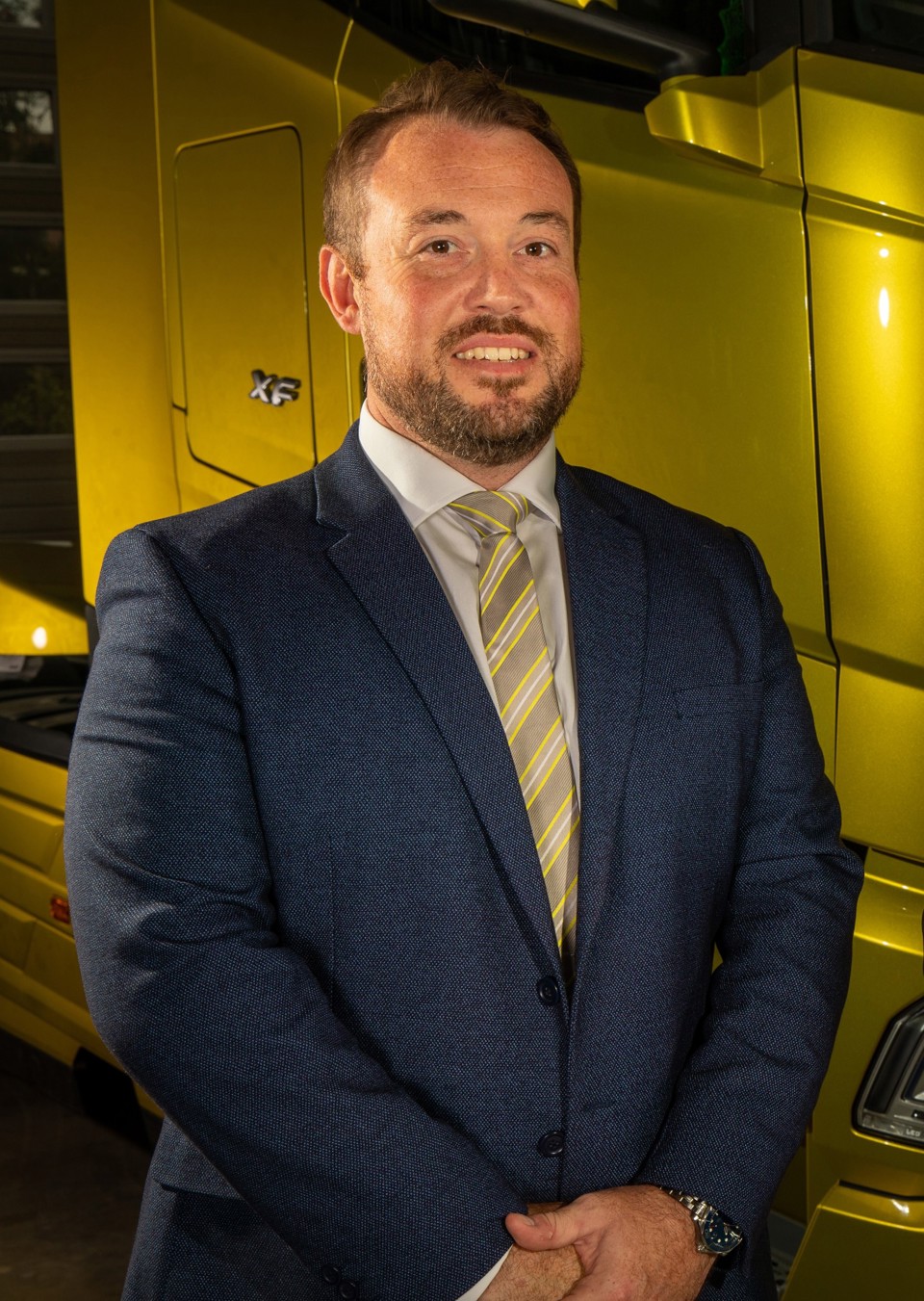Interest levels in electric trucks is rising as fleet operators start planning for the 2035 deadline on the sale of new diesel trucks up to 26 tonnes (2040 for larger trucks).
Daf Trucks, which has been running a pilot of 20 electric LFs with NHS and local authorities since March 2022 as part of the Battery Electric Truck Trial, reports growing acceptance by operators and their drivers as confidence in the technology improves.
It is anticipating reaching three figures in sales volume next year with a target of 3-5% of its total registrations by 2025, equivalent to 400-600 trucks.
The UK market leader is working with Cenex to measure key outputs from the trial, which is due to complete in March 2023.
Initially, range anxiety for the 19-tonne trucks, which have a stated range of 280km (174 miles), held back drivers who would typically return to base to recharge with only 50% of the battery used.
However, according to Adam Bennett, EV and sustainability manager at Daf’s new sustainability division (pictured above), they are now running to their full capabilities, with some drivers achieving efficiency in excess of 305km (190 miles).
“The majority of LFs on the trial are doing less than 90 miles a day, so they have plenty of capacity,” Bennett said. “We build our analysis on 20-80% charging as well as flat to 100% but the optimum is 20-80%.”
He added: “These are based in urban environments with set routes and the same destinations which come back to base to charge.”
A range of charging options have been deployed across the pilot operators, from overnight 22kW charging to 120kW or 180kW fast charging.
Daf is forecasting battery degradation of around 2% per year, but reports no noticeable difference so far based on the different charging cycles. However, it has introduced a six-year battery warranty which can be extended to eight years with an 80% guarantee on capacity to build confidence.
As a result, it believes operators will be encouraged to base their return on investment decisions on longer operating cycles, which are typically three-to-six years for its diesel trucks.
Russell Patmore, Daf Trucks UK sales director, expects operating cycles to extend to eight-to-10 years plus, but says this needs to be part of the planning process.
“We are anticipating the batteries will have 70% of their original charge after 10 years,” he said. “This means if your journeys are 150km, you need capacity for 250km to take into account the degradation over that period and to build in capacity.”
Daf is using Lithium Ferro Phosphate battery technology which doesn’t require cobalt or magnesium, making it more sustainable for mining. It also claims to have the highest thermal safety levels, while a battery management system cools or heats the batteries to ensure they are kept in optimum condition.
To date, the pilot trucks have travelled a combined 100,000 km (62,000 miles) and saved 78 tonnes of carbon.
Daf’s next trial will begin next year and will involve its new electric XD and XF 4x2 tractor units, supported by its 12 EV centres of excellence. Meanwhile, pricing will open up for all its dealers by the end of the year and, by the middle of 2023, they will all be able to quote for electric trucks.





















Login to comment
Comments
No comments have been made yet.